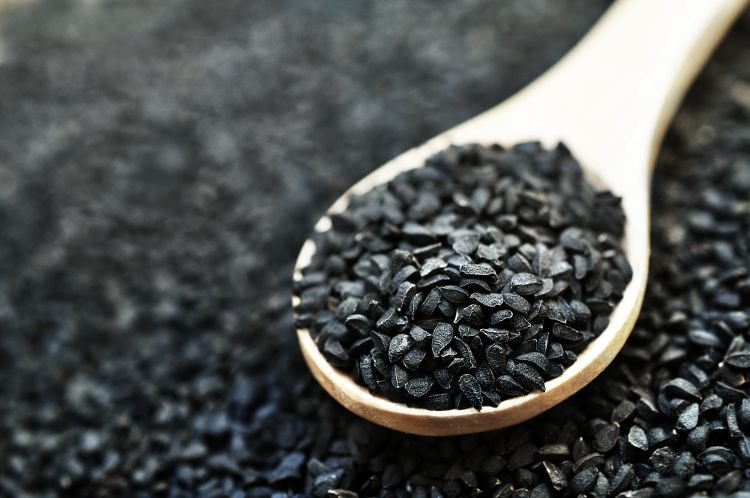The Importance of Omega-3 Fatty Acids in Seed Oils
Omega-3 fatty acids are essential components of a healthy diet, known for their numerous health benefits. While fish oil is a well-known source of omega-3s, many plant-based options also provide these essential nutrients. In this article, we will delve into the world of seed oils rich in omega-3, exploring their nutritional value and health advantages.
Understanding Omega-3 Fatty Acids
Before we dive into specific seed oils, let’s understand the significance of omega-3 fatty acids. Omega-3s are polyunsaturated fats that play a crucial role in maintaining heart health, supporting brain function, and reducing inflammation in the body. The three main types of omega-3 fatty acids are alpha-linolenic acid (ALA), eicosapentaenoic acid (EPA), and docosahexaenoic acid (DHA).
While ALA is primarily found in plant-based sources, EPA and DHA are commonly associated with fish and marine sources. However, certain seed oils contain ALA, making them valuable contributors to omega-3 intake for individuals following a vegetarian or vegan diet.

Seed Oils Rich in Omega-3 Fatty Acids
Now, let’s explore some seed oils that are notable sources of omega-3 fatty acids:
1. Flaxseed Oil (Linum usitatissimum)
Flaxseed oil is one of the richest plant-based sources of ALA, a type of omega-3 fatty acid. ALA is converted into EPA and DHA in the body, although the conversion rate is limited. Including flaxseed oil in your diet can contribute to your overall omega-3 intake and provide potential health benefits.
To incorporate flaxseed oil into your diet, consider adding it to salad dressings, smoothies, or drizzling it over cooked vegetables. However, it’s important to store flaxseed oil in a dark, cool place and avoid heating it, as high temperatures can compromise its nutritional content.
2. Chia Seed Oil (Salvia hispanica)
Chia seeds, known for their nutritional density, are also a source of omega-3 fatty acids. Chia seed oil, extracted from these tiny seeds, contains a notable amount of ALA. Adding chia seed oil to your meals can contribute to a well-rounded omega-3 intake.
Chia seed oil is versatile and can be used in various culinary applications. You can drizzle it over yogurt, mix it into smoothies, or use it as a dressing for salads. This oil adds a mild, nutty flavor to your dishes while providing essential omega-3s.
3. Hemp Seed Oil (Cannabis sativa)
Hemp seed oil is derived from the seeds of the hemp plant and is recognized for its balanced omega-3 to omega-6 fatty acid ratio. While it contains both omega-3 and omega-6 fatty acids, the omega-3 content, particularly ALA, makes it a valuable addition to a plant-based diet.
Use hemp seed oil in your kitchen by drizzling it over pasta, incorporating it into dips, or using it as a base for salad dressings. Like other seed oils, it’s best to store hemp seed oil in a cool, dark place to preserve its nutritional integrity.

Incorporating Omega-3-Rich Seed Oils into Your Diet
Now that you are familiar with some seed oils rich in omega-3 fatty acids, consider incorporating them into your daily diet. These oils not only provide essential nutrients but also add flavor and nutritional diversity to your meals.
It’s essential to use these oils in moderation, as they are calorie-dense. Consulting with a healthcare professional or nutritionist can help you determine the right amount of omega-3s for your individual needs. Find out where to buy black seed oil online here.
Conclusion
As awareness of the importance of omega-3 fatty acids grows, exploring plant-based sources becomes increasingly relevant. Seed oils, such as flaxseed oil, chia seed oil, and hemp seed oil, offer viable options for individuals seeking alternatives to traditional fish oil.
By incorporating these oils into your diet, you can support overall health and well-being while enjoying the benefits of omega-3 fatty acids. Experiment with different recipes and find creative ways to include these seed oils in your meals for a delicious and nutritious experience.
Remember, a balanced and varied diet, along with a healthy lifestyle, contributes to optimal well-being. Embrace the goodness of omega-3-rich seed oils and take a step toward a healthier you.




